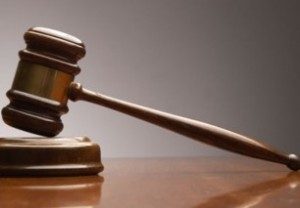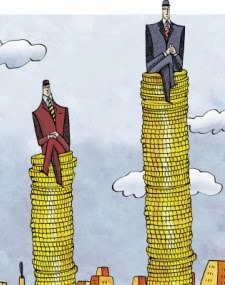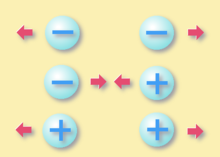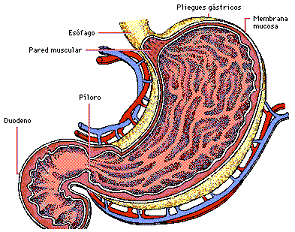 The concept of economy It derives from the Greek and means "administration of a house or family." As a science, it is the discipline that studies the relations of production, exchange, distribution and consumption of goods and services, analyzing human and social behavior around these phases of the economic process.
The concept of economy It derives from the Greek and means "administration of a house or family." As a science, it is the discipline that studies the relations of production, exchange, distribution and consumption of goods and services, analyzing human and social behavior around these phases of the economic process.
Although it is a social science since its object of study is human activity, economics has a set of techniques that are based on scientific - mathematical practice, such as financial analysis. As such, the economy has multiple concepts that aim to explain the evolution - sometimes arbitrary - of national and international systems based on political, social and cultural practices. For example, explain how changes in the value of an international currency such as the dollar are intrinsically linked to the establishment of a policy at the local or regional level.
The economy deals with the resources available to man, whether natural or artificial, that serve him to satisfy his needs and, based on this premise, with their ability to be exchanged or used as economic goods. The resources that are analyzed by the economy must be scarce and have more than one possible purpose, so that they imply a dilemma and, thus, a cost.
It is common to hear the words macroeconomics and microeconomics. What do these two concepts refer to? Macroeconomics focuses its study on large-scale economic processes and in general, it goes hand in hand with political and social analyzes that can be made of a specific country, continent or region of the world. For example, studies on the economic development of European countries after the post-war period. On the other hand, microeconomics is in charge of small or medium-range processes, and in general, they are related to what is the internal market of a country, the development of small and medium-sized enterprises (SMEs) or economic / human development of a certain population or community in a country.
One of the main economic indicators regarding the development of a country is the Gross Domestic Product (GDP), which is, broadly speaking, the difference between the wealth produced by a country and the expenditures produced by public spending. Social reality has a lot to do with these indices, since the countries with the highest level of GDP generally have solid industrial production, high literacy rates, low infant mortality rates and life expectancy of more than 65/70 years. On the contrary, the opposite is indicated by these rates in countries with low or scarce GDP.
For the understanding of economics as a science there are different schools, among them: the objective or Marxist, which understands that it is the science that studies the social relations of production; the subjective or marginalist; and the systemic, which proposes that it is the area of communication in which economic systems are formed. Neoeconomics can also be mentioned, which seeks to integrate the various variants, such as business, spatial or international economics.
Since the late 1970s, with the restructuring of capitalism after the oil crisis, and the end of the "golden 30" years after the end of the Second World War, Political Economy saw the light as a branch of the economy that seeks to analyze and study economic processes according to their relationship with political decisions and processes in different regions of the world.
From the '70s it is also when within the economy, two important activities arise: one, is related to the service sector or tertiary activities, such as tourism, gastronomy, computing, and in itself, everything trade. On the other hand, the currency market, with the consequent appearance of the financial market, with large corporations dedicated to buying / selling shares, such as the famous US corporation Goldman Sachs.









